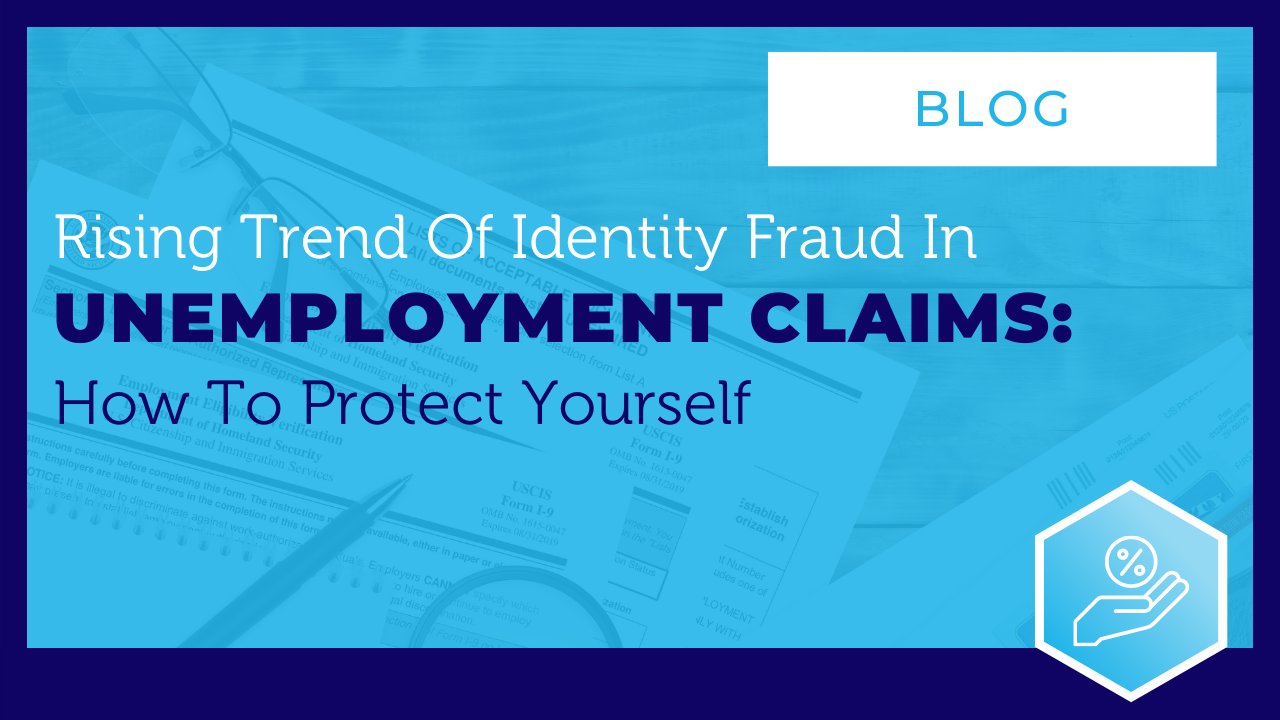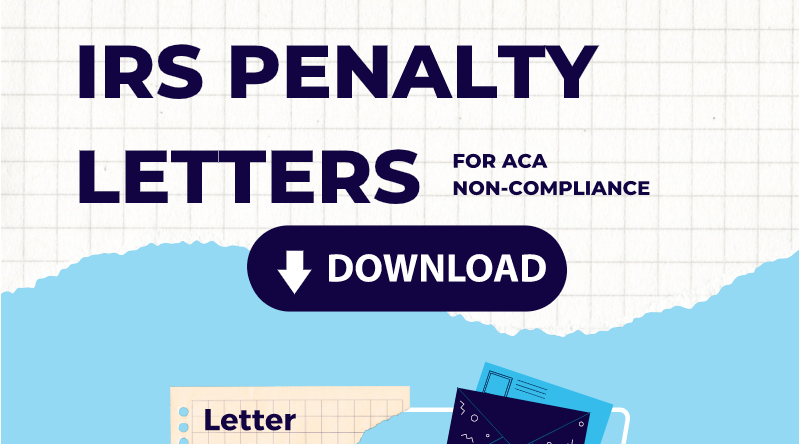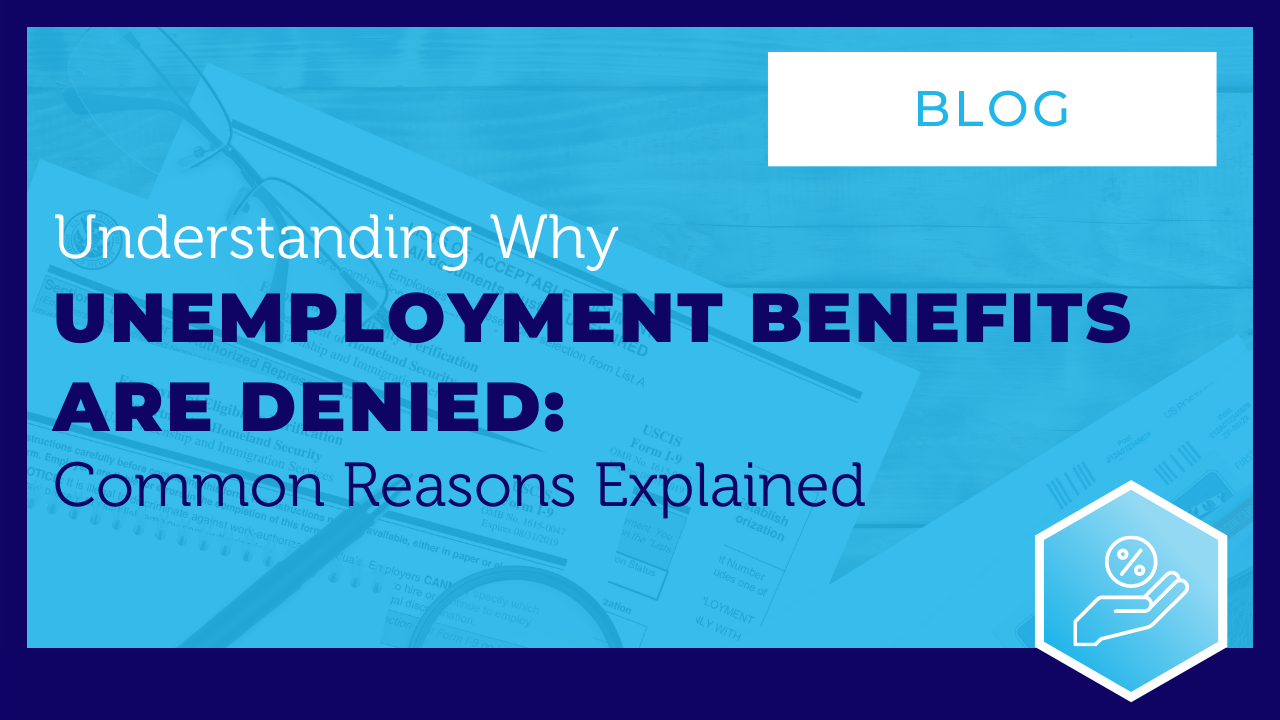Maximizing Benefits with Heroes: The Power of Hiring Veterans in the Workplace
If you're looking to hire new employees, consider hiring veterans. Veterans bring a unique set of skills, experience, and values to the workplace that can greatly benefit your organization. They possess exceptional leadership skills, adaptability, and a solid work ethic, making them ideal for the constantly changing business world.
Military service requires individuals to take on leadership roles and make quick, decisive decisions under challenging circumstances, skills that translate well to the civilian workplace. This can be especially valuable in a business setting, where effective leadership is crucial for success. Additionally, veterans have a proven track record of adaptability and flexibility, being trained to adjust to new environments, technologies, and cultures.
Veterans bring a strong sense of responsibility and commitment to the workplace. They are reliable and dedicated to completing tasks to the best of their ability, and they understand the importance of following rules and procedures. The Society for Human Resource Management (SHRM) states that companies that have a diverse workforce, including veterans, tend to have higher levels of innovation and improved financial performance.
The Work Opportunity Tax Credit (WOTC) provides businesses with financial incentives for hiring eligible veterans, including those who are long-term unemployed and have service-connected disabilities. Employers can receive up to $9,600 in tax credits per new hire, providing a significant benefit to companies that take advantage of this program. Tax-exempt organizations may also be eligible for WOTC.
To find veterans looking for meaningful employment, check out Hire Heroes USA. Hire Heroes USA provides free career services to service members, veterans, and military spouses who are seeking jobs in the civilian workforce. The organization provides personalized one-on-one coaching resume services, mentoring, workshops, a job board, career fairs, and more. In 2021, Hire Heroes USA helped place 12,594 veterans and military spouses with an average salary of $62,680.
The benefits of hiring a veteran are numerous and compelling. From their leadership skills and adaptability to their strong work ethic and sense of responsibility, veterans can be valuable assets to any organization. Take advantage of the opportunity to bring the unique skills and experiences of a veteran to your team. And, as an added bonus, by hiring a veteran, you may be eligible for tax credits under the WOTC program.
This infographic was originally posted on OnCentive.com



